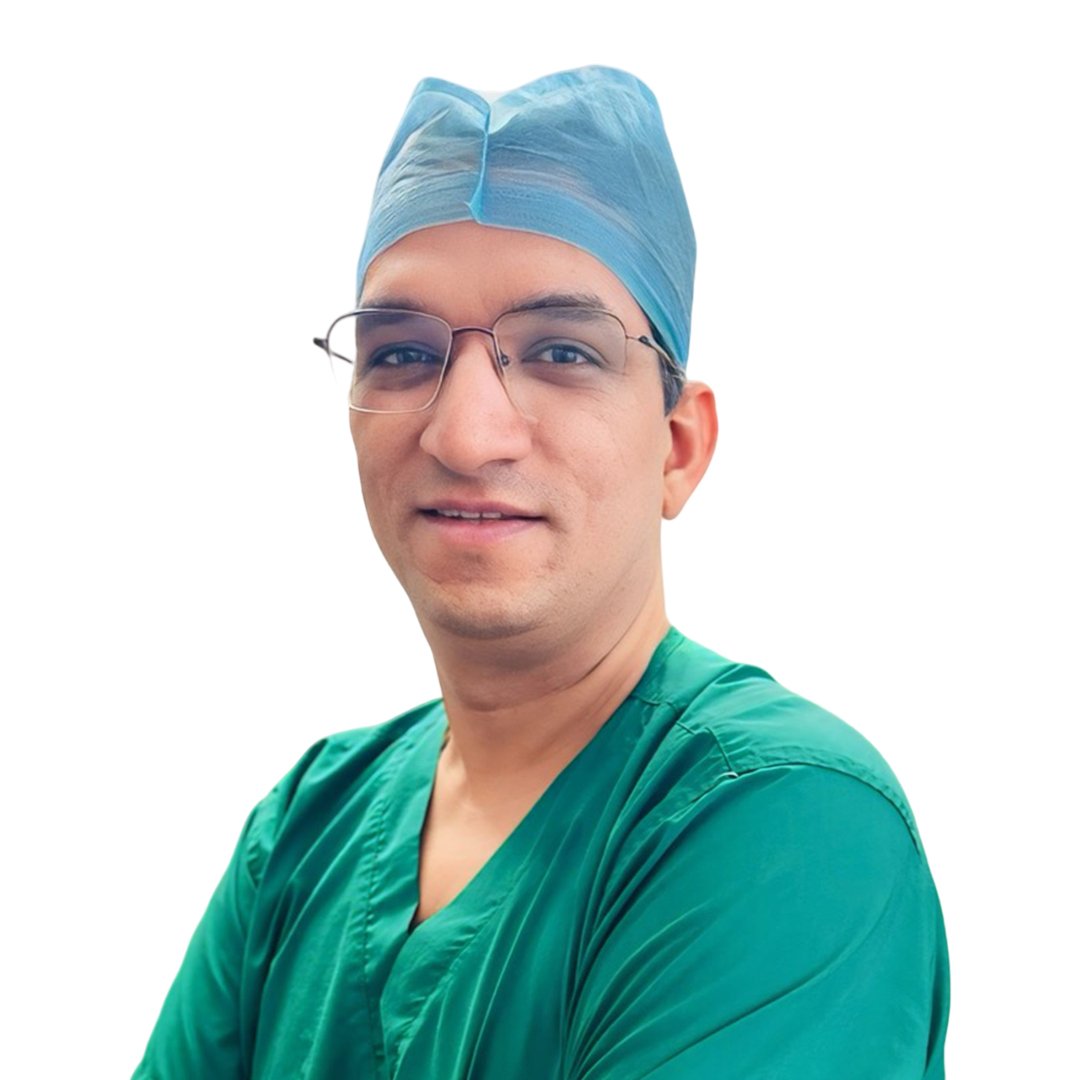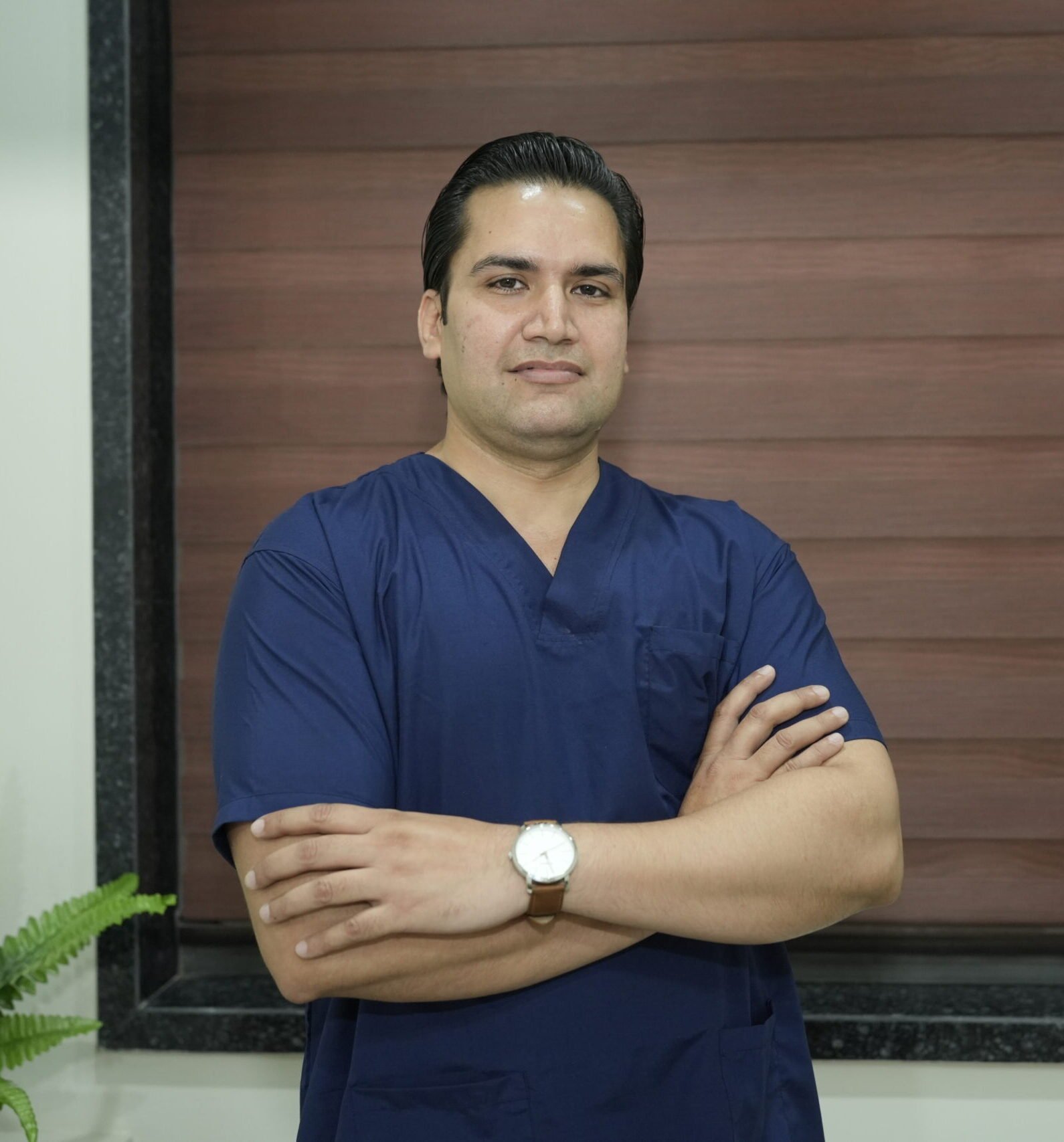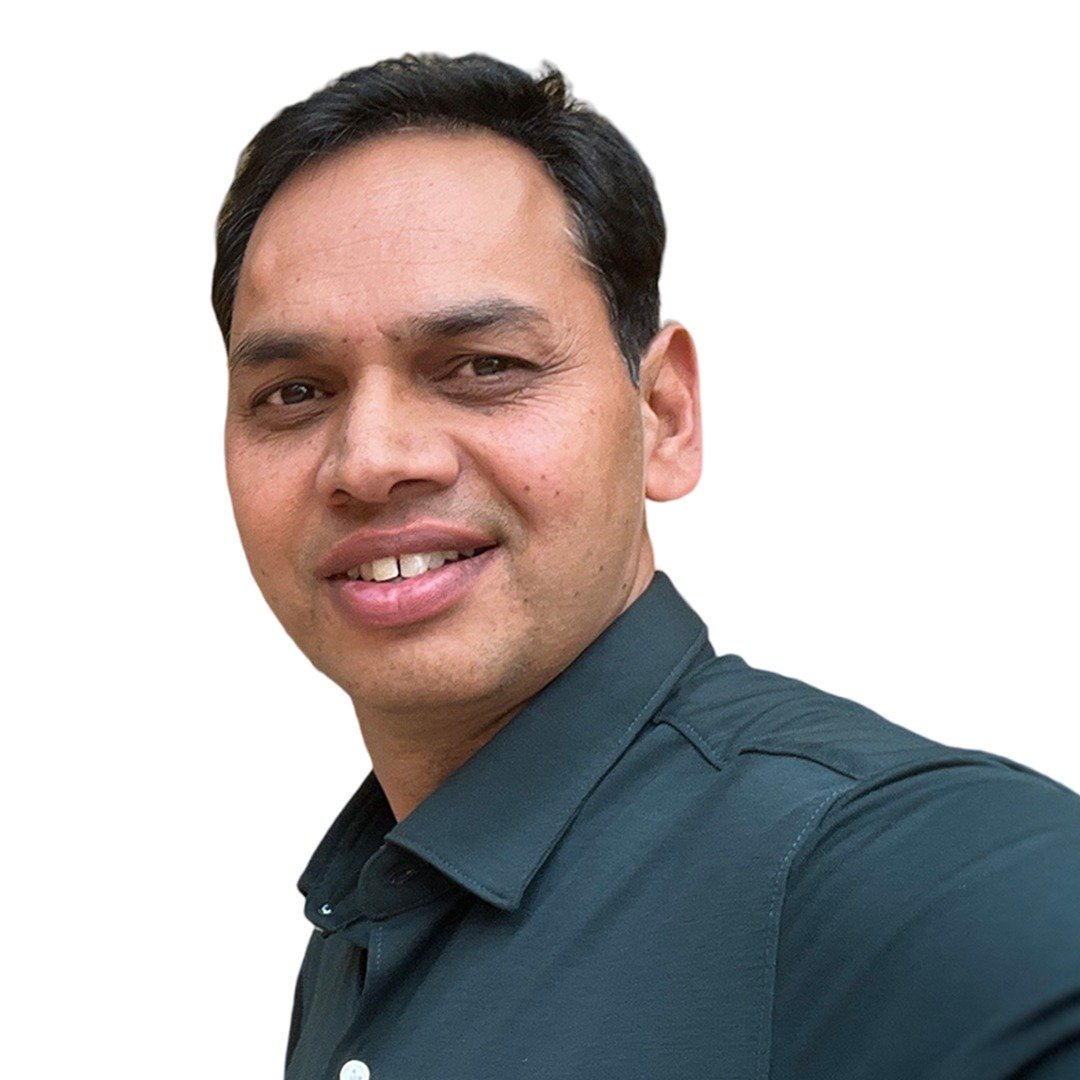Movement Disorders Treatment In Jaipur
Movement disorders are increasingly worrisome due to their impact on movement smoothness, speed, and fluidity. Often originating from genetic abnormalities, these conditions primarily affect deep brain structures such as the thalamus, basal ganglia, and globus pallidus. For those seeking specialized care, Movement Disorders Treatment In Jaipur is essential to manage these complex conditions.
Types of Movement Disorders: We diagnose and treat various movement disorders, including:
- Ataxia: A degenerative disorder that impacts the brain stem, brain, and spinal cord, resulting in jerky, uncoordinated movements, tremors, instability, and potential effects on eye movement and speech.
- Dystonia: Caused by abnormal basal ganglia function, resulting in involuntary muscle spasms, abnormal postures, and repetitive movements, which can significantly impact daily life.
- Essential Tremor: Characterized by shaking that worsens with movement, commonly seen in individuals over 65 years. Severe cases may require surgical intervention.
- Spasticity: Involves muscle stiffness due to brain or spinal cord damage, affecting mobility, speech, and overall movement.
- Huntington’s Disease: A fatal neurodegenerative condition causing progressive nerve cell deterioration, managed through symptom alleviation and preventive medications.
- Parkinson’s Disease: Results from nerve cell degeneration in the brain’s substantia nigra, leading to symptoms like stiffness, tremors, and impaired movement control.
- Rett Syndrome: A progressive neurological disorder marked by hand movements, muscle tone loss, and developmental delays.
Symptoms of Movement Disorders
Symptoms vary by disorder but commonly include involuntary movements (tremors, dystonia), muscle rigidity, slowness of movement (bradykinesia), balance issues, gait abnormalities, and speech difficulties.
Causes of Movement Disorders: Movement disorders can be caused by genetics, neurodegenerative diseases, brain injuries, infections, medications, metabolic disorders, toxins, autoimmune conditions, or brain tumors.
Evaluation and Diagnosis at Pink Star Hospital: At Pink Star Hospital in Jaipur, our healthcare team conducts thorough evaluations, including comprehensive physical exams and diagnostic tests, to tailor treatment plans based on accurate diagnoses. We are renowned for providing the best Movement Disorders Treatment In Jaipur, ensuring precise assessments and individualized care.
Treatment Options: While some movement disorders lack a cure, symptom management is crucial. Treatment options at Pink Star Hospital include:
- Medication: Prescribed to alleviate symptoms associated with specific disorders.
- Therapy: Physical and occupational therapies focus on enhancing mobility, pain management, and improving daily activities.
- Surgical Interventions: Options like deep brain stimulation to regulate brain activity and control movement.
Why Pink Star Hospital for Movement Disorders Treatment?
At Pink Star Hospital in Jaipur, we provide compassionate care and comprehensive treatment plans to effectively manage movement disorders. Our expert team is dedicated to delivering exceptional Movement Disorders Treatment In Jaipur, utilizing state-of-the-art techniques and therapies. Schedule an appointment today to benefit from our specialized approach for current relief and future management.
For anyone experiencing symptoms, seeking Movement Disorders Treatment In Jaipur at Pink Star Hospital can make a significant difference in managing and improving quality of life. Our focus on patient-centric care ensures that you receive the most effective Movement Disorders Treatment In Jaipur available.
Explore Our Main Services

Neuro Science
Studies the nervous system, focusing on diagnosing and treating brain, spinal cord, and nerve disorders to enhance understanding and treatment of neurological conditions.

General Medicine
Involves the holistic care of adults, from diagnosis to treatment, covering a wide spectrum of health conditions to ensure overall well-being and prevention from disease.

Urology
Treats urinary tract and male reproductive system disorders through surgeries like kidney stone removal and prostate procedures, aiming to improve health and quality of life.

Pathology/ Biochemistry & Microbiology
Involves diagnosing diseases by meticulously examining tissues, cells, and body fluids, providing critical insights for precise medical treatment and comprehensive patient care.

ENT
Treats ear, nose, and throat disorders, such as hearing loss and sinusitis, using advanced medical and surgical methods to significantly improve health and quality of life.

Critical Care & ICU Servises

Cardiology
Specializes in diagnosing and treating heart and blood vessel disorders, using medical and surgical interventions to manage conditions like heart disease and hypertension.

General Surgery
Covers a variety of procedures for abdominal and related conditions, focusing on diagnosis, treatment, and advanced surgical techniques to ensure effective patient care.

Nephrology
Manages kidney conditions like chronic kidney disease, kidney stones & electrolyte disorders by treatments such as dialysis and transplantation, aiming to improve patient health & well-being.

Gastroenterology
Focuses on diagnosing and treating digestive system disorders, including conditions affecting the stomach, intestines, liver, and pancreas, to improve digestive health.

Trauma & Emergency
The trauma and emergency department provides immediate, life-saving care with advanced technology and expert staff, ensuring rapid and effective treatment 24/7 for all critical medical conditions and emergencies.

Radiology- CT/MRI
Uses imaging techniques like X-rays, MRI, and CT scans to diagnose and treat medical conditions, providing critical information for effective patient care.

Orthopaedic / Joint Replacement / Arthroscopy
Focuses on treating musculoskeletal issues through surgical and non-surgical methods, aiming to restore mobility and improve quality of life.

Gastroenterologist Surgery
Treats digestive disorders through advanced surgical procedures like appendectomies and liver transplants, significantly improving digestive health of patients and their overall well-being.

Plastic Surgery
Enhances appearance and function through a variety of cosmetic and reconstructive procedures, significantly improving the quality of patients’ lives and boosting their confidence.

Oncology
Specializes in diagnosing and treating cancer, utilizing therapies such as chemotherapy, radiation, and surgery to manage and eradicate tumors and improve patient outcomes.

Physiotherapy
Uses exercises and therapies to rehabilitate movement, treat injuries such as sports injuries and chronic pain, and aid post-surgical recovery, effectively promoting healing, mobility, and overall functional improvement.

Gynecology
Gynecology focuses on women’s reproductive health, treating menstrual issues, infertility, pregnancy, and menopause for overall well-being.
Meet Our Specialists
Dr. Rajvinder Singh Choudhary
NeurosurgeryDr. Ashwini Sharma
Consultant NeurosurgeonDr. Navneet Agarwal
Senior Consultant Neurosurgeon MBBS, MS, Mch. NeurosurgeryDr. Vaibhav Kumar Somavanshi
Consultant Neurologist, MBBS,DNB, DMDr. Rakesh Sharma
NeurosurgeryDr. Manoj Kumar Saini
MBBS, CCEBDM,PGGCCFAQ
Movement disorders are a group of neurological conditions that cause abnormal voluntary or involuntary movements, such as tremors, rigidity, bradykinesia (slowness of movement), and dystonia. Examples include Parkinson’s disease, essential tremor, Huntington’s disease, and Tourette syndrome.
Symptoms can vary widely but often include tremors, muscle rigidity, involuntary movements, slow movement, difficulty with coordination and balance, and abnormal gait. The specific symptoms depend on the type of movement disorder.
Diagnosis involves a thorough medical history and physical examination, focusing on the type and pattern of movement symptoms. Neurological exams, imaging studies like MRI or CT scans, and sometimes genetic testing or blood tests are used to rule out other conditions and confirm the diagnosis.
Treatment options vary based on the specific disorder and symptoms but may include medications (e.g., dopamine agonists, anticholinergics, or muscle relaxants), physical therapy, occupational therapy, speech therapy, lifestyle changes, and in some cases, surgical options like deep brain stimulation (DBS).
Yes, lifestyle changes can play a significant role in managing movement disorders. Regular exercise, a balanced diet, stress management techniques, adequate sleep, and avoiding triggers (like certain medications or stressors) can help improve symptoms and overall quality of life.






